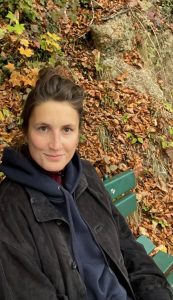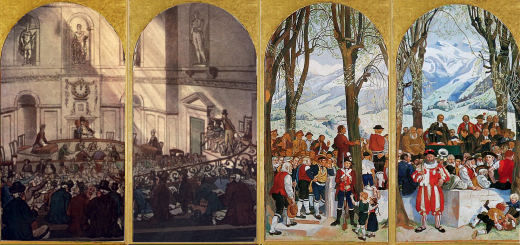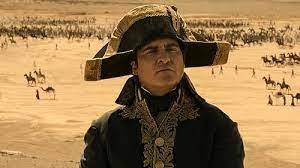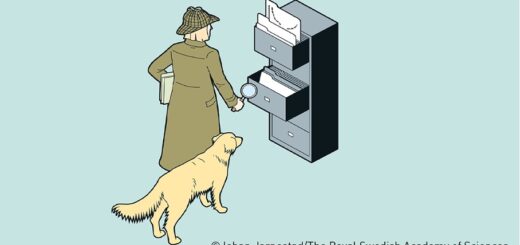Doing Interviews with Alexandra Quack

A tool kit for PhD students in the History of Economics and Politics: Exploring Methods.
We regularly organise workshops on different methods in the history of economics and politics at the Walras-Pareto Centre in Lausanne for PhDs and post-docs. We discuss a different method every time: past examples include the approach inspired by Quentin Skinner, sociologists of quantification, and discourse analysis. Here is a series of blog posts that aims to share what we learn!
The most recent workshop was all about interviews. We invited Alexandra Quack to talk about her recent experience of doing interviews with economists for her thesis with Catherine Herfeld and Mary Morgan at the University of Zurich.
As always in these workshops, the aim was to have an informal conversation about how someone approaches their research. The following are some of the highlights that emerged during the workshop.
Five Highlights from our Conversation
1. “To make visible the invisible”
Alexandra explained how she was conducting interviews for her thesis, in order “to make visible the invisible” – a common phrase used amongst scholars who conduct qualitative research. What does she mean? Philosophers of science usually rely on historical sources or written published work to study scientific practices. But by relying on these sources alone a lot of the research process remains hidden from view, especially if one is concerned with contemporary science. Interviews allow for gathering rich but focused data on these research processes. She illustrated this sense of invisibility by sharing an anecdote. At the beginning of her PhD, she realised, during a conversation with some economists at the University of Zurich, that it could be insightful to consider economists’ own descriptions of what they do and their own views about their modelling. They had a lot to say that would be relevant for her research. Information she may have missed if she had not conducted interviews. By interviewing economists, Alexandra hopes to capture otherwise invisible information involved in the economists’ use of models not included in published articles.
2. The preparation stage
Alexandra suggested that each researcher needs to be clear about the desired outcomes of an interview. And the researcher should construct and order the questions accordingly. Alexandra wanted detailed descriptions of their practices from each interviewer, so she tried to frame her questions in a way that would elicit concrete descriptions. To further encourage this, Alexandra informed the interviewees before the interview that she would take one of the interviewee’s published papers as a prompt to talk about during the interview.
3. The interview stage
One useful exercise is to listen to the previous interview you have done shortly before doing the next one. As Alexandra said, this practice helped her to notice elements she had not noticed during the interview. For example, when listening to the interview, you can better determine whether you asked the questions with the right tone (was it too friendly or too cold?), whether you let the interviewee speak freely enough (or interpreted them too much) or simply whether your recorder was positioned well. It can also help to understand whether, as an interviewer, you need to take fewer or more pauses and how long they should be. Pauses can help, for example, to allow interviewees to elaborate on their answers with more details.
4. Useful tools
- transparent sheets to avoid the noise of the sheets of paper when switching from one to another, as the recorder will pick up the noise.
- two recorder devices (in case one fails).
- different coloured pencils to take notes during the interviews, because it attracts your attention better (there’s a lot of things to do at the same time during an interview!)
5. Ethics approval
The most important element of conducting interviews is the ethics approval. Check your university’s ethics requirements with the ethics committee and submit this as soon as possible (at Alexandra’s university there were only two deadlines per year). As an example, this is the form to fill in if one wants to submit a project for approval to the ethics committee of the University of Lausanne. This step can be underestimated, but ethics approval is becoming ever more important. Some journals require an ethics approval from your university’s ethics committee for publication. And: if you want to use some of your material that you collect during your PhD in later publications, not having an ethics approval can have long-term consequences.
María Gutiérrez Ruan is currently a PhD student in History and Philosophy of Economics at the Faculty of Business and Economics (HEC Lausanne). She is a member of the Walras Pareto Centre for Interdisciplinary Studies in Economic and Political Thought where she is supervised by Professor Harro Maas. The aim of her research is to investigate lab in the field experiments (LFEs). Her interest stems from the recent explosion of the use of LFEs in economics and the ongoing debate about the characteristics of LFEs and whether they differ from other experimental methods such as laboratory experiments or Randomised Controlled Trials (RCTs). This is both a historical and methodological investigation. At the moment, she is concentrating on the Colombian case due to its relevance on the development of LFEs and she is conducting interviews with experimental researchers who have worked there.
To cite this blog post : María Gutiérrez Ruan, « Doing Interviews with Alexandra Quack », Blog of the Centre Walras Pareto, August 2, 2023, https://wp.unil.ch/cwp-blog/2023/08/doing-interviews-with-alexandra-quack/.




